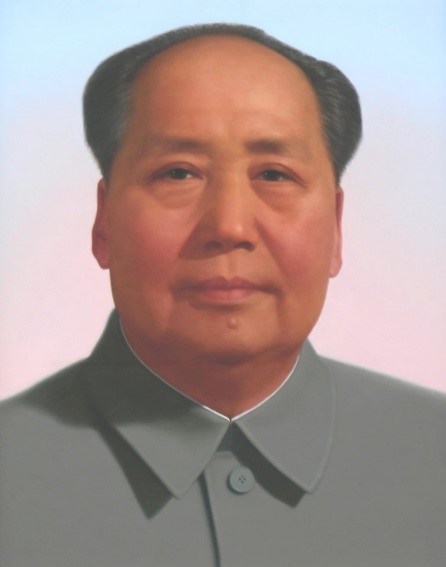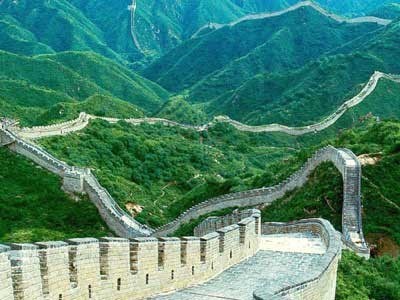China is an important Canadian economic partner. China is the world’s second largest economy and imports huge amounts of raw material and resources from Canada.
Currently, China is ‘re-adjusting’ its Capitalist economy to conform with its Communist political structure. A number of initiatives have begun — the simplest to understand is the Communist Party limits on how long teenagers can play video-games. The fear is addiction, but it may be a concern about loss of influence on the young.
If you have teenage children or grandchildren playing video-games you know how difficult it is to reduce the time spent playing the games. This is just one of many challenges the Chinese Communist Party (CCP) is facing as it exerts greater influence in the economy and daily life.
Combining Capitalism and Communism has made China an economic giant. However, the Communist Party fears lose of influence. A characteristic side effect of Capitalism is the widening of the Wealth-Poverty Gap. That gap is widening in China. In the beginning of the Party the core value of Communism centred on feeding the people.
How Did China Reach the Need to Control Video-game Time?
A brief history of China is worth exploration. China, historically, was a massive, productive Empire. It nurtured inventors — they were proud — and China absorbed invaders into their society. Unlike the European World, China was content and did not colonize or engage in wars of expansion. The last Dynasty was the Qing Dynasty that ended in the early 20th century. The final rulers were a Dowager Empress and then the ‘puppet’, Emperor Puyi.
The critical point in Chinese history was the Taiping Rebellion, 1850-1864. ‘Western Powers’ eventually forced concessions from China and the Empire slumped into servitude as a vassal state. Regional War Lords took power. Colonial powers exploited the Chinese. Some Chinese became financially successful, many starved, many left China. It was an embarrassing time for a proud people.
In the 1930s the Japanese invaded China. At this time Mao Zedong (Mao Tse-tung) emerged as the leader of the Communists against the Japanese. After World War Two he fought the ‘Nationalist’ Chinese led by Chiang Kai-shek and took power in October 1949.
Chairman Mao saw his wars as a continuation of the failed Taiping Rebellion — wars against ‘Western’ influences. On October 1, 1949 (10/10) Communist Party Chairman Mao and his troops consolidated their gains and took over control of China.
For years the Party’s concern was food production and feeding the people. It was an agrarian economy under Chairman Mao.
Chairman Mao
 After the death of Chairman Mao and much internal party upheaval, Deng Xiaoping came to power. He had been with Mao since the beginning and was a visionary. He’d seen how Prime Minister Lee Kuan Yew of Singapore had transformed his nation using Centralized Power and Capitalism; growing a poverty stricken island into a world trade powerhouse.
After the death of Chairman Mao and much internal party upheaval, Deng Xiaoping came to power. He had been with Mao since the beginning and was a visionary. He’d seen how Prime Minister Lee Kuan Yew of Singapore had transformed his nation using Centralized Power and Capitalism; growing a poverty stricken island into a world trade powerhouse.
Deng Xiaoping eased the same concept into the CCP and fostered the co-habitation of Communism and Capitalism. After his death in 1976 the experiment continued under new leaders.
Today
China’s economic success through experiments in Capitalism is seen by some as challenging the ultimate Chinese Communist Party’s authority. That may or may not be the case. China’s economic expansion has relied on, among other things, Real Estate Development. At the beginning of this week the Chinese real estate giant Evergrande Real Estate Group fell in financial trouble — too much debt to repay.
And as stated, the wealth gap in China has grown. Chairman Mao’s goal was to feed all Chinese, which meant an agrarian revolution. In a ‘wealth gap’ many people could go hungry. And that will be a problem.
Summary
Xi Jinping’s Dilemma
How does China balance Centralized Power and Free Enterprise Capitalism? Xi Jinping the Chinese politician and the man in charge has decisions to make. If they are as difficult as limiting time spent video-gaming by teenagers, he has his work cut out for himself.
The views and opinions expressed in this article are those of the author, and do not necessarily reflect the position of this publication.




